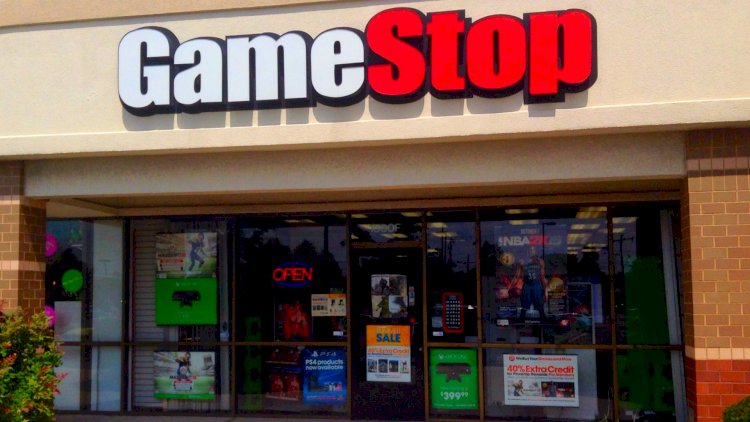Shares of GameStop jump from less than $20 each at the end of December to almost $350 on Wednesday
The social media sites where GameStop excitement was stoked by amateur day traders are full of snapshots showing how their bets worked - in some cases rising from tiny amounts to millions of dollars worth of positions.

On 29th January, the tale of inexperienced investors taking on Wall Street pros by buying up shares of US video game retailer GameStop, which many hedge funds had seen as a losing bet, has riveted financial markets. It is an obviously crowd-sourced effort at their own game to defeat billionaire traders. Shares of GameStop jump from less than $20 each at the end of December to almost $350 on Wednesday. The rise was due to a swarm of independent traders, sharing social media tips, who saw an opportunity to pressure Wall Street hedge funds that had made deals thinking the share price of GameStop would fall - and would have to buy shares to cover losses if the stock rose higher than anticipated. That, in turn, might trigger a kind of buying panic — and a chance for the little guys to make a profit.
In recent weeks, on behalf of other businesses, such as troubled theatre chain AMC Entertainment, owner of Odeon Cinemas, they've deployed the technique. And the concept has gone global, fueling stock activity exchanged in other parts of the world, including the United Kingdom, Brazil and Malaysia. The social media sites where GameStop excitement was stoked by amateur day traders are full of snapshots showing how their bets worked - in some cases rising from tiny amounts to millions of dollars worth of positions. But for many, these are just paper gains - and if rates fall down, they might still end up with major losses.
On Thursday, shares dipped after the wacky market conditions prompted some trading platforms, such as Robinhood, to limit purchases. Some traders, while rallying their fellows to hold the line and resist selling, posted comments confessing to nerves at the prospect of losses, staying off a sudden market crash. And GameStop shares rose again on Friday, climbing 68 percent to $325 each, even as the market fell overall. However, if rates fall back, those who bought in too late would be hurt. The buying spree has reportedly resulted in losses for several major hedge funds, including Point72, a business run by infamous investor Steve Cohen, a billionaire art collector and owner of the New York Mets baseball team whose first hedge fund, SAC Capital, pleaded guilty to and shut down insider trading charges. This week, some of the losses resulted from Point72 cash being handled by Melvin Capital, a company created by a former SAC star trader who made major bets against Gamestop and was forced to withdraw from the trade.



























